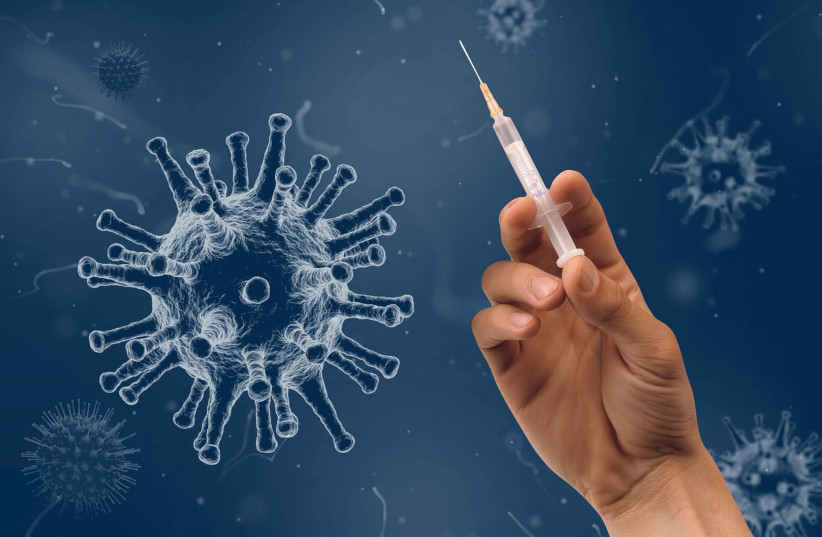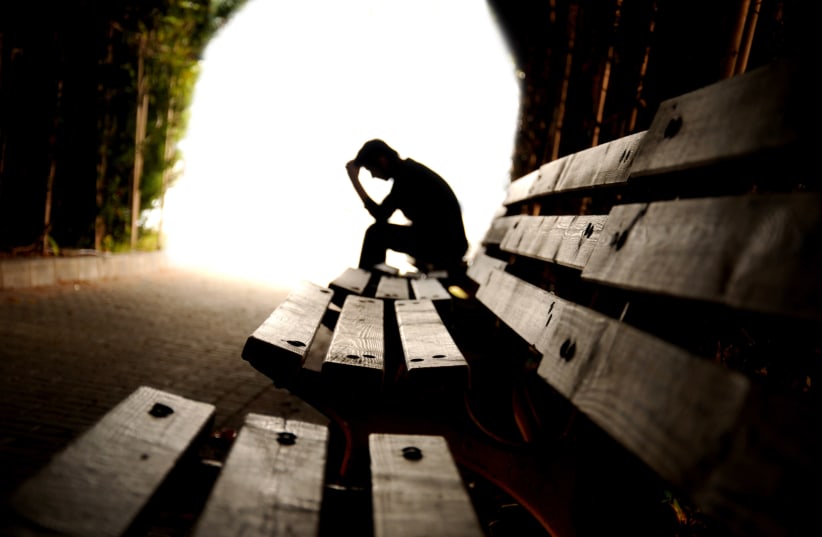A new study has traced the close relationship between conspiracy theories about the coronavirus and types of mental illness such as anxiety and depression.
The study, published on Tuesday in the Frontiers in Psychiatry journal, stated that there is a positive correlation between people who believe in false information about COVID-19 or are spreading conspiracies about the disease and the severity of their anxiety and depression.
“These polls show that tens of millions of people are open to belief in some level of conspiracy as a result of the COVID epidemic,” said Dr. Paweł Dębski, lead researcher of the study.

“Our work now shows for the first time that these people are more at risk of more serious anxiety or depression symptoms than the rest of the population.”
The severity of each person’s mental illness varies. In addition, the study cited a survey showing that 25% of Americans believe that the pandemic was caused by people in power on purpose. Furthermore, the participants of the study were largely female, more than five times the number of male participants.
Some of the COVID-19 conspiracy theories out there include: testing is unreliable and world governments spread false information about the virus.
"Our work now shows for the first time that these people are more at risk of more serious anxiety or depression symptoms than the rest of the population."
Dr. Paweł Dębski
